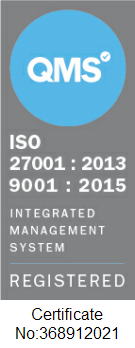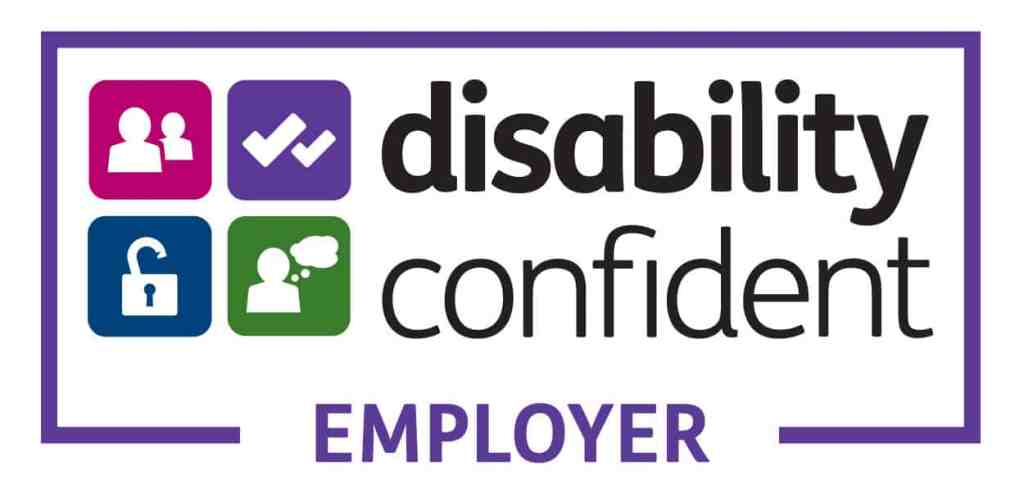Is this another blog about looking after your staff in the ‘new normal’, in these ‘unprecedented times’, after ‘all this uncertainty’? Yep, it is. And whilst it might seem like a broken record, or another repeat on Dave (I can practically hear you reaching for the remote to change the channel ), I simply want to reiterate some points that I feel are incredibly important to keep in the foreground as we all try to rebuild and reshape.
People are integral. And from what I see in my LinkedIn feed every day, there are so many organisations out there who really do understand, encourage, and celebrate that. There are some incredible employee engagement activities, from online quizzes, competitions and incentives, to deliveries of tasty treats. Keeping staff happy has quite rightly been a real focus for so many.
All great stuff, and really important to maintain. But when as much of my LinkedIn feed is filled with posts of people in need, and people struggling due to the effects of Covid, it brings home the point that now, 7 months into this new world order, the focus needs to shift to the mental health and wellbeing of your employees, and having some honest conversations about how people are really feeling.
Whilst by no means exhaustive, here are some things to consider when looking to your staff’s mental health:
Keep checking in
Obviously tailor this to what your employees feel comfortable with in terms of contact and how much they want to share, but it’s important to keep checking in on an informal basis. Not to ask about work or business matters, but to simply ask how they are. It’s important to never assume that someone is okay. It could be that their partner has been made redundant and things are a bit tight, maybe they’ve seen friends and family struggle and they are concerned about what the future holds, or it could be that lockdown has brought about other anxieties. Take the time to ask, it could mean more than you know..
Reassurance
Most members of staff, no matter how confident they are in their role, will have cast their mind to job security in recent months. But those who have been furloughed (no matter how long for) may need an extra dose of reassurance. Next time you’re checking in with them, consider how they are coming across – do they seem nervous or on edge, are they asking questions about the future? Give them the reassurance (if you can) that their jobs are waiting for them, and that you’re excited to see them back at work very soon. It could really make the difference between an employee feeling anxious about coming back, and an engaged employee ready to get stuck back in.
Signpost help
There is so much going on in the world right now, and so much to be worried about. If you suspect that any members of your staff are having money troubles, feeling anxious about going back out in the world, or just need some extra support to get through it, make them aware of what you can provide them. Whether it’s as simple as a “You can call me any time” (as long as it’s a genuine offer), or something more structured in place like access to a helpline as part of a health plan, make sure advice and help is clearly signposted for all to see, and that it is accessible to absolutely everyone. You don’t know who might be silently struggling, this could be a real lifeline.
Mental Health first aid
Still considered to be a new thing, this is such a useful option to offer to your employees if you can, especially now. A member of your team can train to develop a deeper understanding of mental health issues, learn how to help support the mental health of their colleagues, and how to recognise when someone needs professional help. Just knowing that there is a dedicated member of the team who understands and is trained to help, can be its own comfort for the team, but it’s also an invaluable resource for those truly struggling. If this isn’t something you are able to put in place, then take the time out to research local support systems, charities and other organisations that can provide advice and guidance and make these resources readily available to every member of staff. It’s so important that everyone in your workforce knows that they have somewhere to go, whether internally or externally, to get support for their mental health.
















